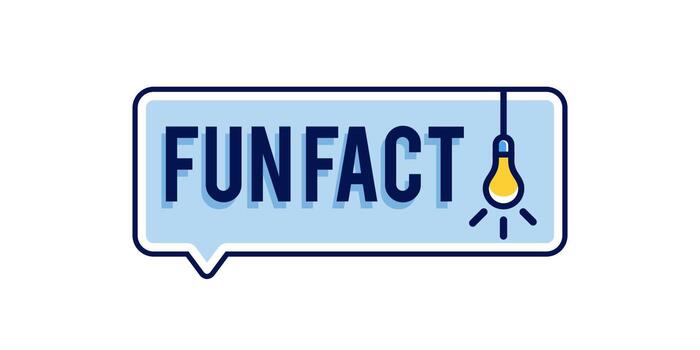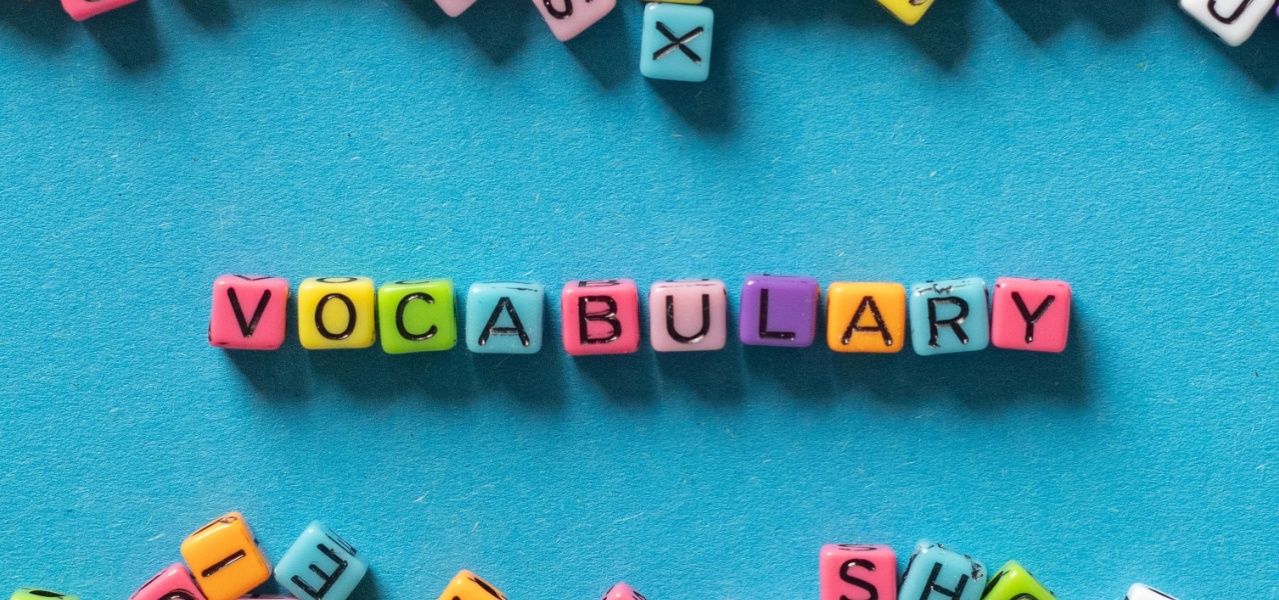One of the most surprising things about storytelling, at least for me, is how often and easily storytelling audiences laugh.
I remember telling my first story at a Moth StorySLAM back in 2011 and being astounded by how much the audience laughed.

That story is coincidentally featured on The Moth’s Radio Hour this week
Though I knew there were moments of humor in the story, the amount of laughter, and the audience’s willingness to laugh at things I only found mildly amusing, stunned me.
Four years and almost 35 StorySLAMs and 10 GrandSLAMs later, I am still astounded. I was telling a story at a GrandSLAM recently t:hat I told the Moth producer had “no funny whatsoever.”
Turns out I was wrong. The audience laughed. They laughed a lot. Even my wife couldn’t believe it.
Over the years, I’ve attributed this willingness to laugh to the audience’s desire for a storyteller to succeed. Unlike a stand-up comedian, who professes to be a professional entertainer and is expected to make you laugh, a storyteller is, at least in theory, an ordinary person, just one step away from sitting in the audience themselves. They are not professional entertainers. No one has paid them to be funny. And storytellers are telling true stories, They are oftentimes baring their souls and admitting to flaws and acts of stupidity and shame. As a result, audiences want storytellers to succeed because they see themselves in the storytellers.
You rarely “see yourself” in a stand-up comedian. You don’t expect a stand-up to be honest at all times. You understand that the comedian is creating constructs in order to generate laughs. Stand-up audiences are watching professionals, and as a result, they have certain expectations.
Storytellers do not. Storytelling audiences laugh because they want the storyteller to succeed, and as a result, they open their minds and hearts to the storyteller. They prime themselves to be entertained.
I still believe that this is one of the reasons for the unexpected humor.
I’ve also come to believe that some people are simply funny and some are not. I’ve worked with storytellers who desperately want to be funny, but no amount of coaching will help them. They can be taught to deliver a line humorously, but they will never be able to do so without practice and coaching. Oftentimes the same sentence will generate a laugh when said by one storyteller but won’t even receive a chuckle when said by another.
Some people are just funny – unintentionally and effortlessly at times – and others are not.
Surprised by an audience’s laughter? You’re probably a naturally funny person.
But it turns out that there is a third factor at work here. In a recent TED Talk on laughter, Cognitive neuroscientist Sophie Scott explains that people are 30 times more likely to laugh when in the company of others, and that the larger the group, the greater the chances of laughter. Researchers have also found that laughter is contagious and will spread similar to a virus throughout an audience.
If you’re a storyteller or a person who wants to be funny, it’s worth watching.
A story that you practice for a friend prior to taking the stage might not strike you or the friend as particularly funny, but in front of an audience of 300 people, your chances for a laugh increase dramatically. And many storytelling venues are primed for laughter, with people packed in and standing almost against one another.
Pack in the people – as The Moth and many other storytelling shows do – and you have a much greater chance of being funny.
This isn’t more true than when I am teaching a storytelling class. I have told stories at The Moth or Speak Up that have had the audience in fits of laughter, but the following week, when I tell that same story to a group of eight or ten people in one of my storytelling workshops, I often receive little more than smiles and an occasional chuckle. My workshop students will later tell me that the story was funny, but they won’t actually laugh during the story because the audience isn’t large enough and the setting isn’t conducive to laughter.
I have often said that if you can tell a story in my workshop, you can tell it anywhere.
Want to be a funny person? Tell your stories to larger groups of people. Gather your friends, jam them into a small space, and say potentially funny things. You will be at least 30 times more likely to make people laugh, and as long as that equation isn’t 30 x 0, you’ve got a shot.






